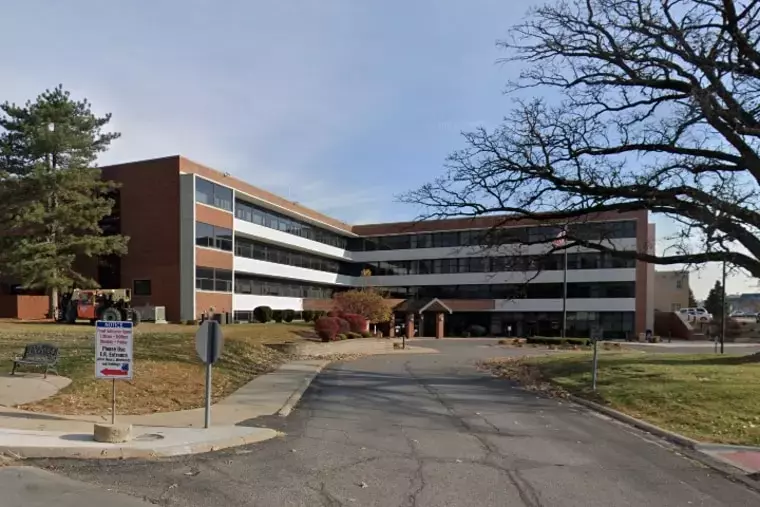
A comprehensive, bipartisan investigation by the Senate Budget Committee has uncovered concerning practices within two major U.S. hospital systems owned by private equity firms. The findings highlight a pattern of prioritizing financial gains over patient care, leading to deteriorating healthcare quality and increased risks for patients. This investigation, led by Senators Sheldon Whitehouse and Charles E. Grassley, examined Apollo Global Management and Leonard Green & Partners, revealing how these firms have reaped substantial profits while neglecting critical investments in hospital infrastructure and staffing.
The Financial Exploitation of Hospital Systems
The investigation exposed how private equity firms have burdened hospitals with excessive debt while cutting costs to maximize short-term profits. Hospitals like Lifepoint Healthcare and Prospect Medical Holdings, which were scrutinized, faced chronic understaffing, safety violations, and even closures. Despite these issues, private equity owners continued to extract significant payouts from their investments. For instance, Prospect Medical Holdings paid out $645 million in dividends, primarily benefiting its investors, while taking on additional loans that it eventually defaulted on.
This financial exploitation has had severe consequences for patient care. Academic studies have shown that private equity involvement in healthcare leads to higher costs for patients and payers, as well as a decline in the quality of care. Patients at hospitals owned by private equity firms experienced more infections and falls, according to a 2023 study by researchers from Harvard University and the University of Chicago. The Senate report further revealed that whenever Prospect Medical facilities showed financial improvements, the owners induced new debt to pay themselves dividends instead of reinvesting in patient care.
The Human Cost of Underinvestment in Rural Healthcare
The investigation also highlighted the devastating impact of underinvestment on rural hospitals, particularly those in underserved areas. One notable case was Ottumwa Regional Health Center in Iowa, a Lifepoint facility where a male nurse sexually assaulted multiple incapacitated female patients before dying of a drug overdose. The Senate concluded that this incident might have occurred due to unfulfilled promises and underinvestment, which eroded the hospital’s culture of safety. Meanwhile, Apollo Global Management profited millions annually from the hospital despite its decline.
Senators emphasized the importance of a reliable healthcare system for community vitality. Grassley stated that transparency is crucial for ensuring accountability and aligning hospital financial structures with patient needs. While both Prospect Medical Holdings and Apollo Funds disputed the report’s findings, claiming they invested heavily in improving facilities and expanding services, the investigation’s evidence suggests otherwise. Employee satisfaction surveys and board documents revealed a sense of being treated as mere numbers rather than caregivers, further illustrating the disconnect between private equity priorities and patient care.
